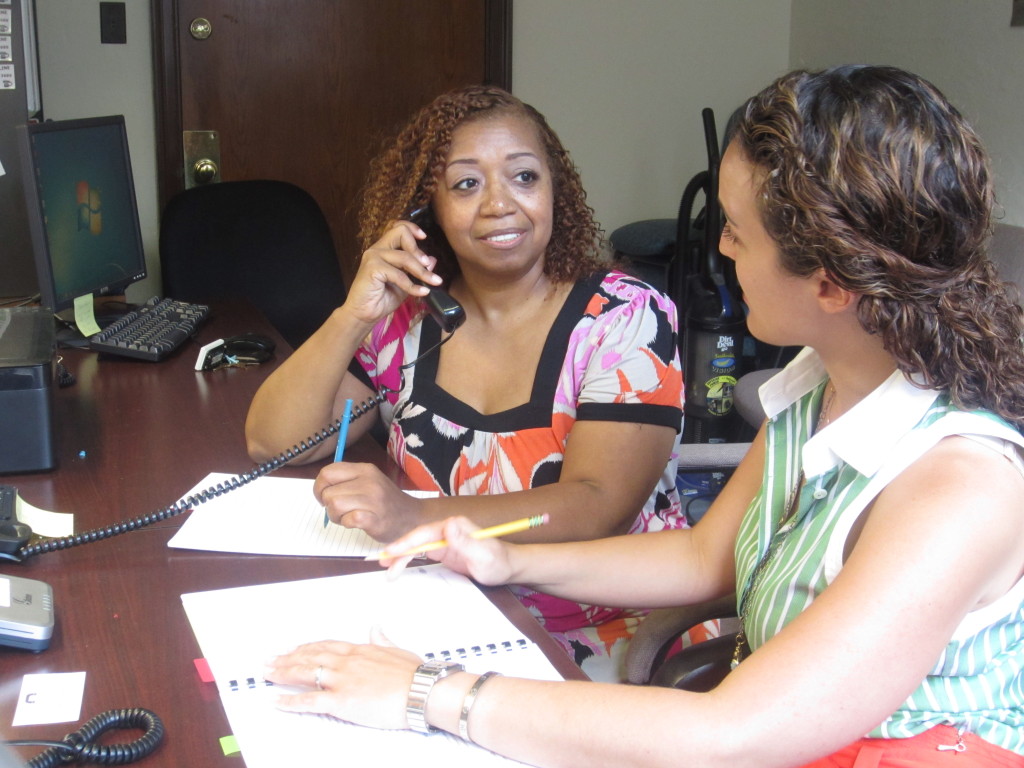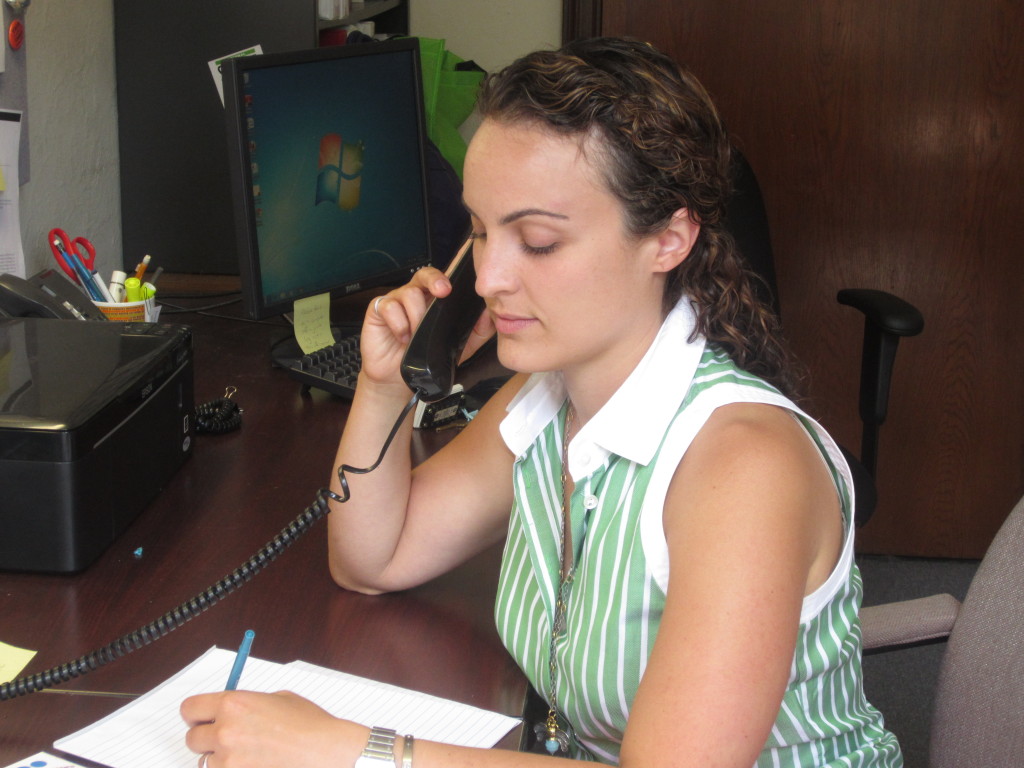Caldwell University
July 17, 2013
Counseling Graduate Students Providing Services for National Suicide Prevention Lifeline

Caldwell, N.J., July 17, 2013- Caldwell University counseling graduate students who work on the college’s peer counseling HelpLine are now providing crisis counseling and mental health referrals for the National Suicide Prevention Lifeline. The Lifeline is a 24-hour, toll-free, confidential suicide prevention hotline available to anyone in suicidal crisis or emotional distress. By dialing 1-800-273-TALK or 1-800-suicide, calls are routed to the nearest crisis center.
Since 2010, graduate students in counseling have been working on the Caldwell University HelpLine, a free after-hours telephone peer counseling, crisis, and referral line serving the campus, and New Jersey. Psychology Professor Thomson Ling, Ph.D. who supervises the graduate students, says graduate student counselors at the HelpLine undergo extensive training to become telephone counselors. “Our students provide over 1,500 volunteer hours every year responding to various calls from the campus and nationwide. With this expanded partnership between CONTACT We Care, an award-winning, volunteer-staffed, crisis listening hotline, and the Caldwell HelpLine, we are now able to assist in improving crisis services and suicide prevention efforts in New Jersey and beyond,” he said.
“The Caldwell HelpLine represents the perfect intersection of the Caldwell University core values of excellence and community,” Dr. Ling said. Through the HelpLine, graduate student counselors are able to hone their skills and enhance their professional training as counselors while simultaneously providing a vital service to the community, he said.
Gesele Moton and Lauren DeFillipo-Taibi, who are both studying in the mental health counseling graduate program, have been volunteers since last fall. They say “active listening” is one of the important practical skills they have learned from the experience. Defillipo-Taibi says active listening is very powerful in helping callers. It has been important to her professionally to learn “to think on the spot, be in the moment, learn how to be calm and assure the caller that we are there for them.”
It is also important to understand the benefit of working in suicide prevention, Gesele said. “It is one thing to read about it in a book, but another to actually be in the moment and know you have kept someone safe.”






